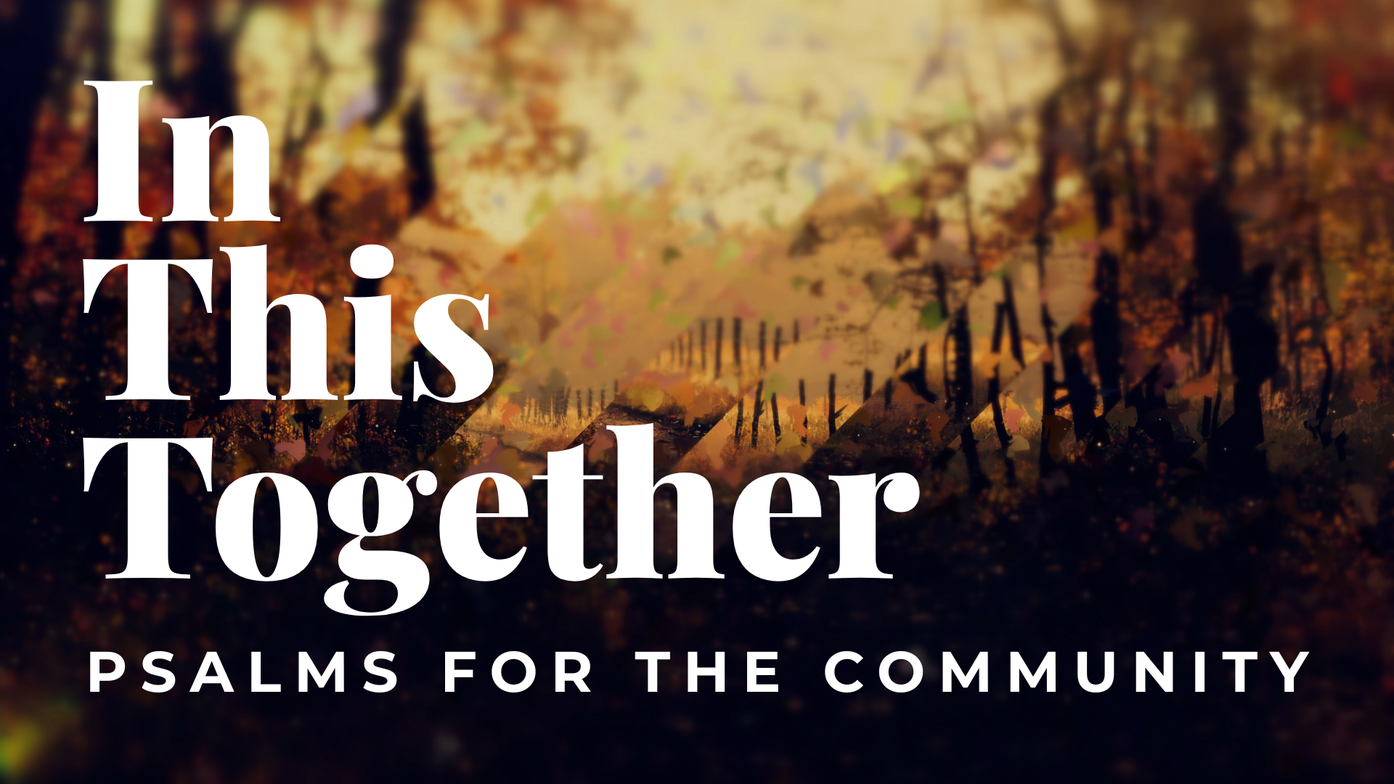
Have you ever wondered what would happen if your church community truly embraced the practices found in Scripture? What if we moved beyond just reading the Bible to actually living out its patterns of worship, prayer, and community life?
The Power of Community Practices
We're often more shaped by what our community will tolerate than by Scripture itself. Just like sports have rules that determine how the game is played, churches have unwritten rules about behavior, expectations, and what we can expect from God. These community practices carry tremendous weight in shaping our faith.
The challenge is that sometimes our community practices limit our experience of God rather than expand it. We may have learned to pray smaller prayers, express less emotion, or expect less from God than what Scripture actually invites us to experience.
What Would It Look Like If Psalm 30 Got Hold of Us?
Psalm 30 is both a song of thanksgiving to God and a testimony to the community. David declares: "I will exalt you, Lord, for you lifted me out of the depths... Lord, my God, I called to you for help, and you healed me."
If this psalm truly shaped our community practices, two major changes would occur:
We Would Believe and Experience God's Responsive Help
Psalm 30 would teach us that God responds simply because we cry out to Him. We wouldn't need to convince ourselves we're righteous enough or that our problems are serious enough. The psalm shows us seven powerful truths about God's responsiveness:
-
God hears our cries for help - No special qualifications required
-
God responds to our pleas against those who mistreat us - It's okay to ask for protection
-
God heals when we cry out about medical problems - Physical healing is something we can request
-
God can raise us even from death's door - Even when doctors give up hope
-
God listens even when we've lost confidence - Doubt doesn't disqualify us from prayer
-
God favors us and enjoys our praise - He actually likes us, not just loves us
We Would Have a Healthier Community
A healthy community fights off harmful things and fosters good things. If Psalm 30 shaped us, we would:
- Share More Testimonies: People would regularly share how God responded when they cried out for help, stirring up faith in others.
- Practice Bigger Expressions of Happiness: The psalm speaks of turning "wailing into dancing" and being "clothed with joy." We would be comfortable with physical and emotional expressions of celebration.
- Celebrate Good Stories: Instead of being embarrassed by amazing testimonies, we would celebrate them as evidence that God is at work.
- Practice Tougher Emotions Together: We would create space for people to express when they're struggling, angry, or in despair.
- Assume God's Favor: We would approach God knowing His normal attitude toward us is love and favor, not disappointment.
What Are Spiritual Disciplines and Why Do They Matter?
Spiritual disciplines are routines that make us more like Jesus. They fall into two categories:
- Comforting Practices: These bring joy and life - like worship, celebration, or fellowship. They sustain us and remind us of God's goodness.
- Challenging Practices: These stretch us and promote growth - like solitude, fasting, confession, or submission to others. They may be uncomfortable but expand our capacity for God.
A healthy spiritual life includes both types. Perhaps aim for a ratio of two comforting practices for every challenging one, but don't avoid the challenging ones entirely.
Examples of Community Spiritual Practices
Some spiritual disciplines are personal, but many happen in community:
-
Confession - Admitting weakness, asking for help, or sharing struggles
-
Testimony - Sharing how God has worked in your life
-
Corporate worship - Singing, raising hands, or other physical expressions
-
Prayer for healing - Believing God can intervene in medical situations
-
Celebration - Expressing joy over what God has done for others
Breaking Through Unwritten Rules
Many of us have learned unwritten rules that limit our faith:
-
Men shouldn't be too emotional in worship
-
We should only pray for "reasonable" things
-
Testimonies might make others feel bad
-
If doctors say someone will die, we should only pray for comfort
But Psalm 30 challenges these limitations. It shows us a God who wants to hear from us about everything and responds with power and love.
Life Application
This week, pick up one new routine in community that would expand your view of God and make your community healthier.
Make a list of your current spiritual practices. Which ones bring comfort and joy? Which ones challenge you to grow? Are you missing either category?
Consider trying something new:
-
Raise your hands during worship if you never have
-
Share a testimony of how God has worked in your life
-
Admit to someone that you're overwhelmed and need help
-
Pray boldly for healing in a difficult medical situation
-
Express genuine joy when celebrating what God has done for others
Questions for Reflection:
-
What unwritten rules in your faith community might be limiting your experience of God?
-
Which type of spiritual discipline do you gravitate toward - comforting or challenging? What would balance look like for you?
-
If you truly believed God favors you and enjoys hearing from you, how would your prayers change?
-
What's one community practice you could adopt this week that would help both you and others experience God more fully?
The goal isn't to completely overhaul your spiritual life, but to take one step toward the kind of vibrant, authentic community that Psalm 30 envisions - where people cry out to God with confidence and celebrate His responses with genuine joy.